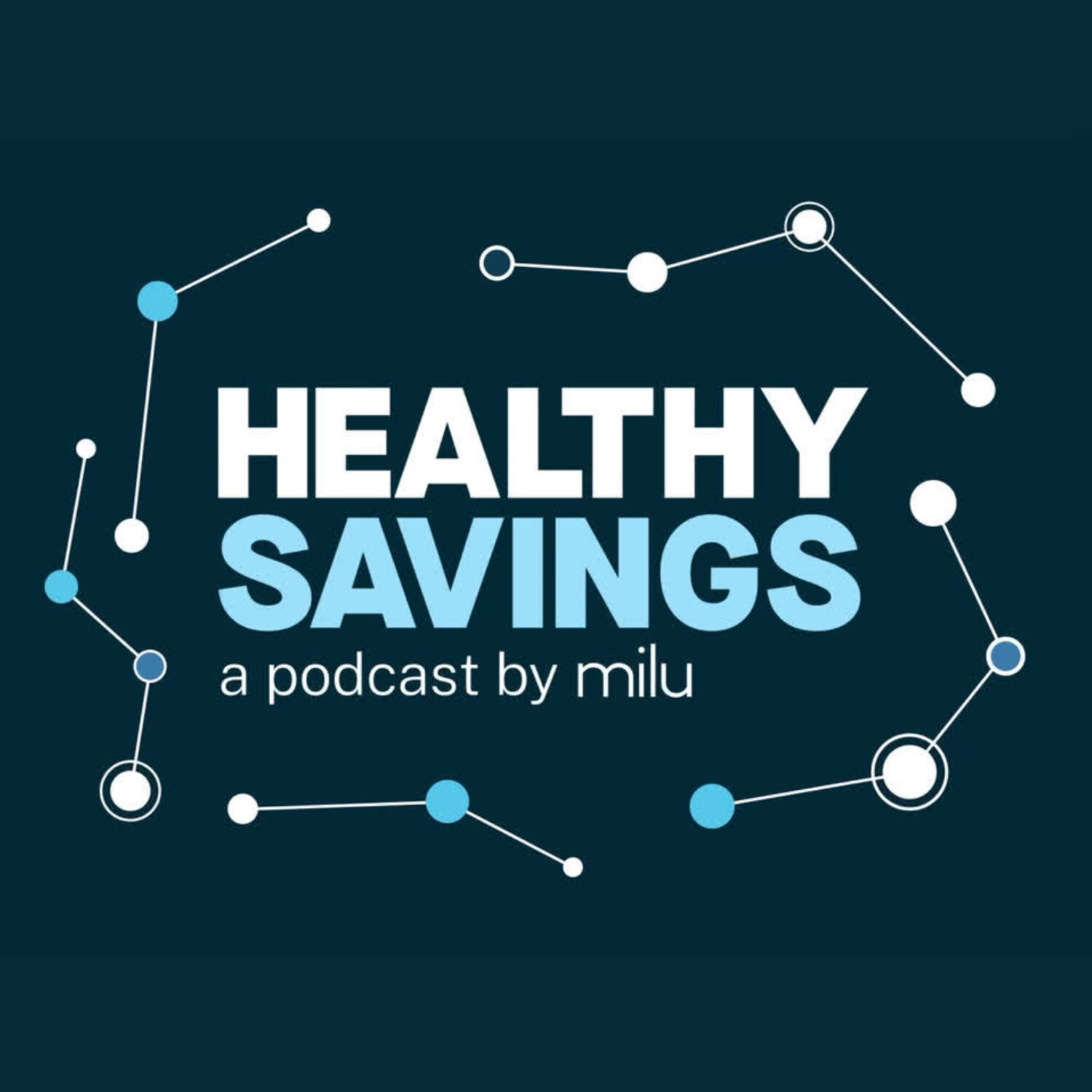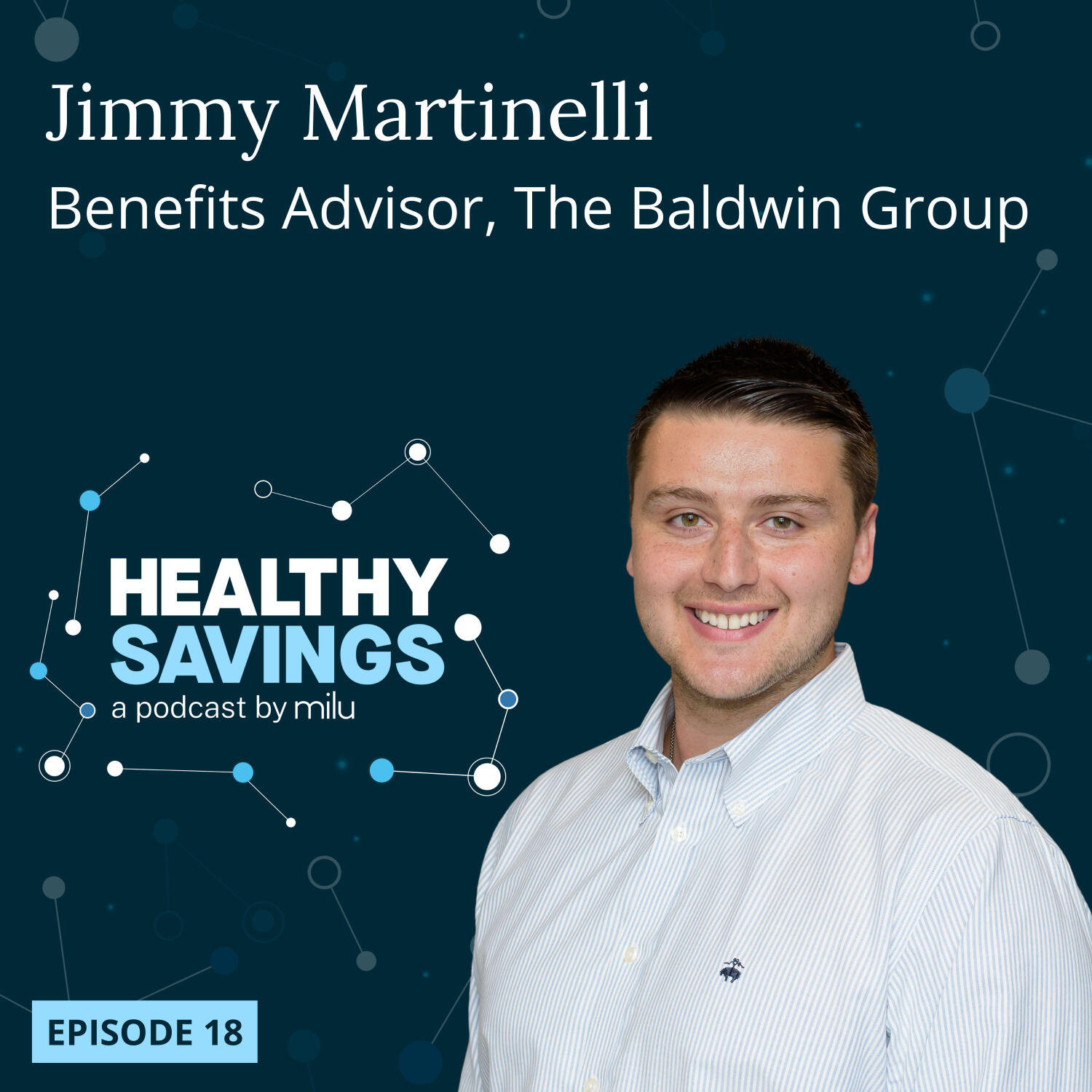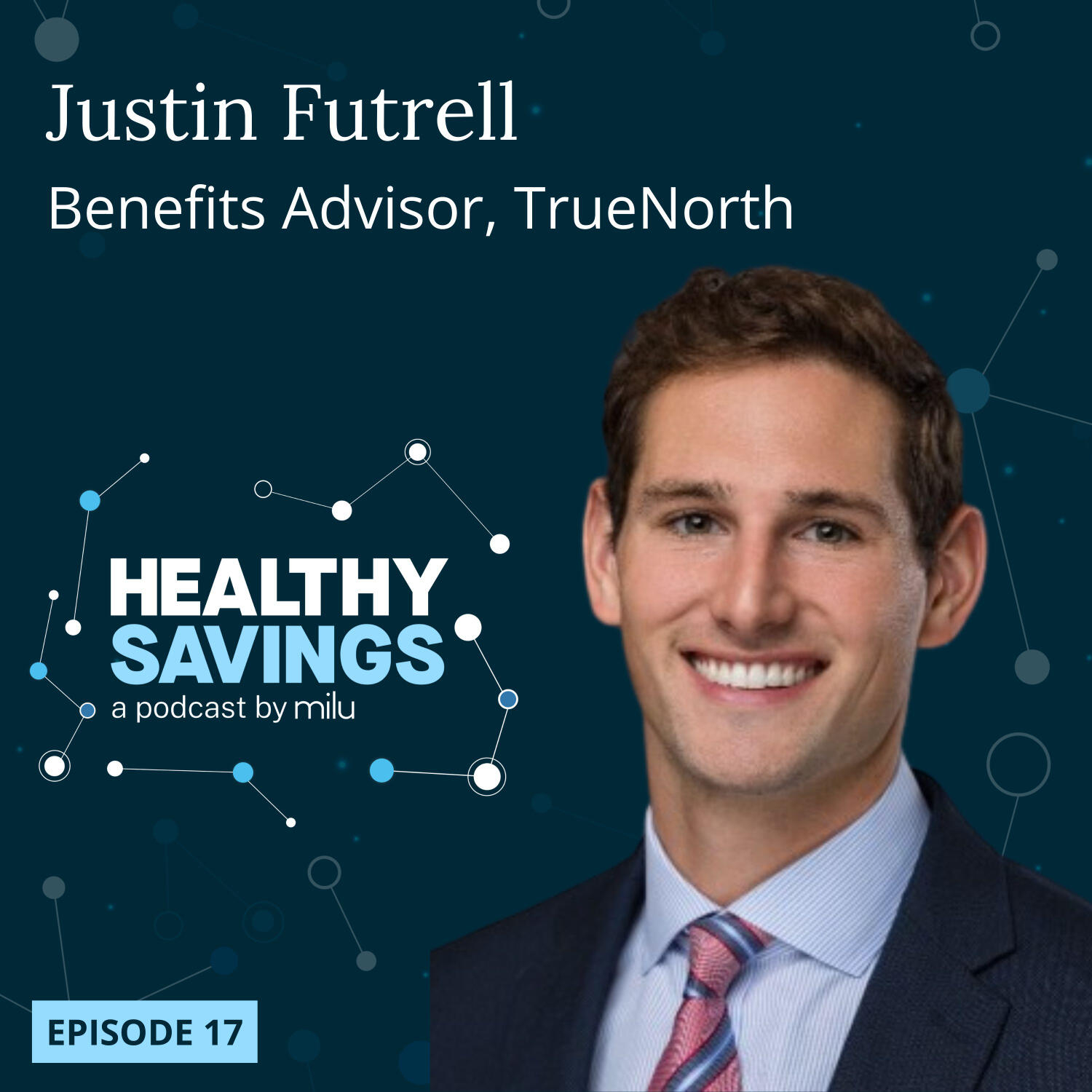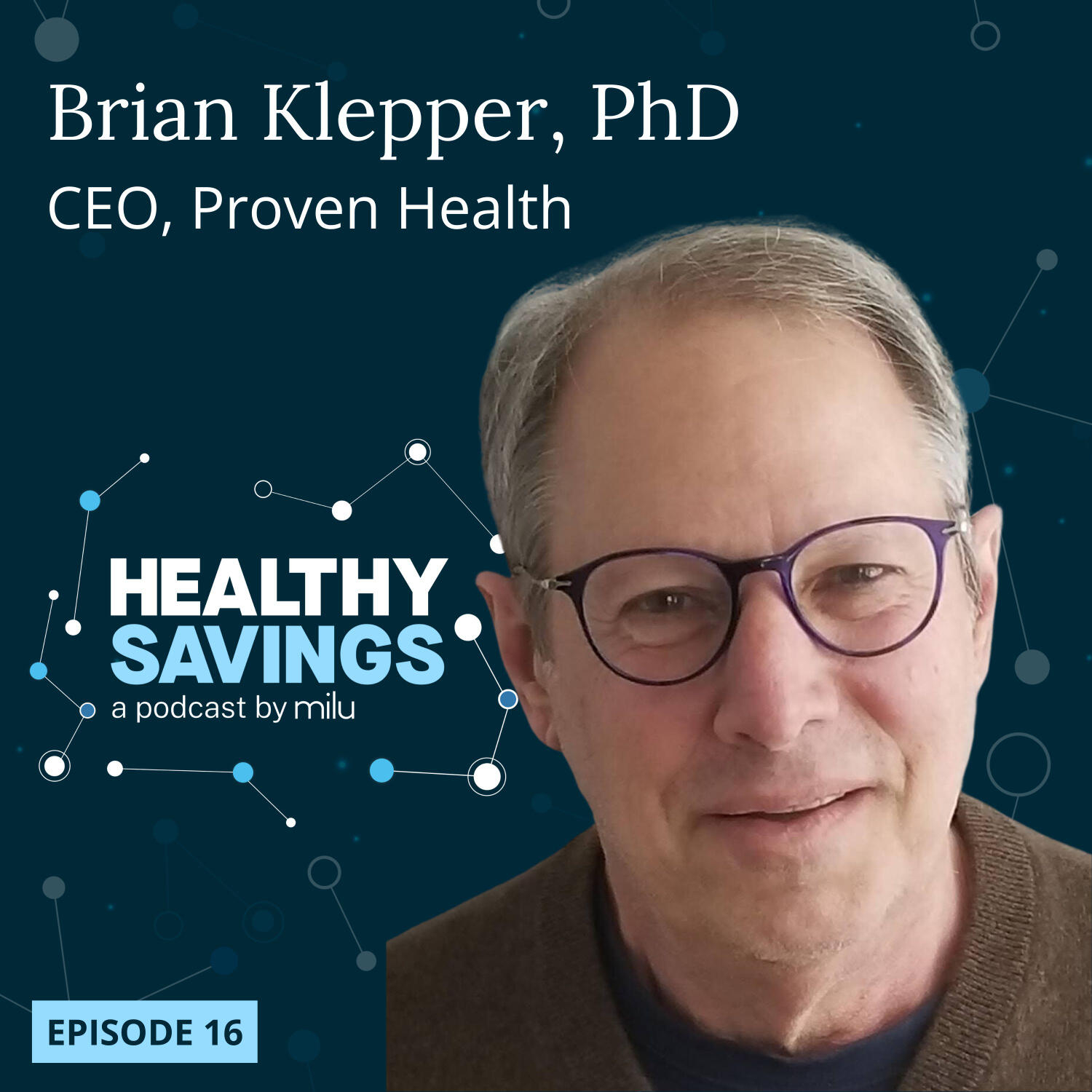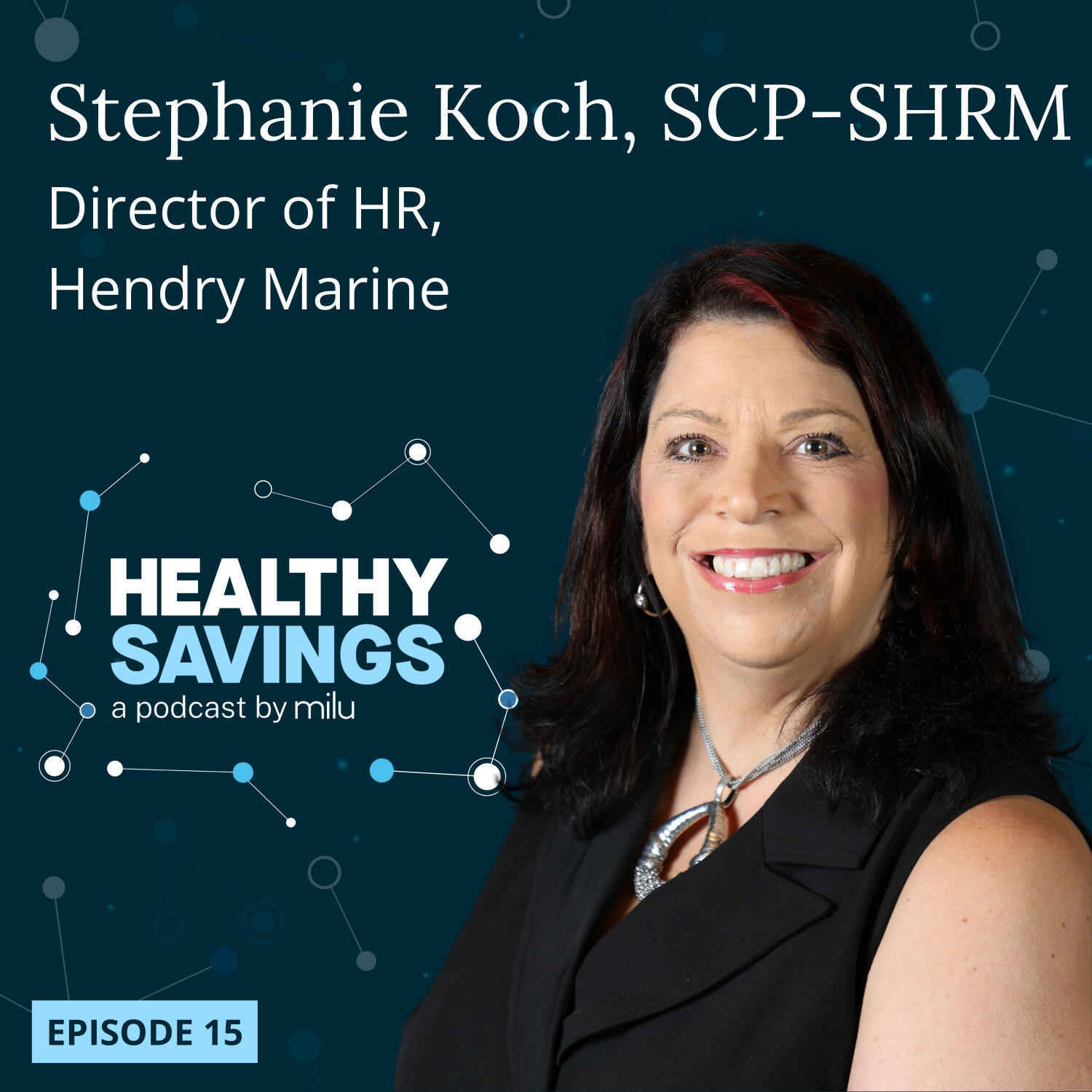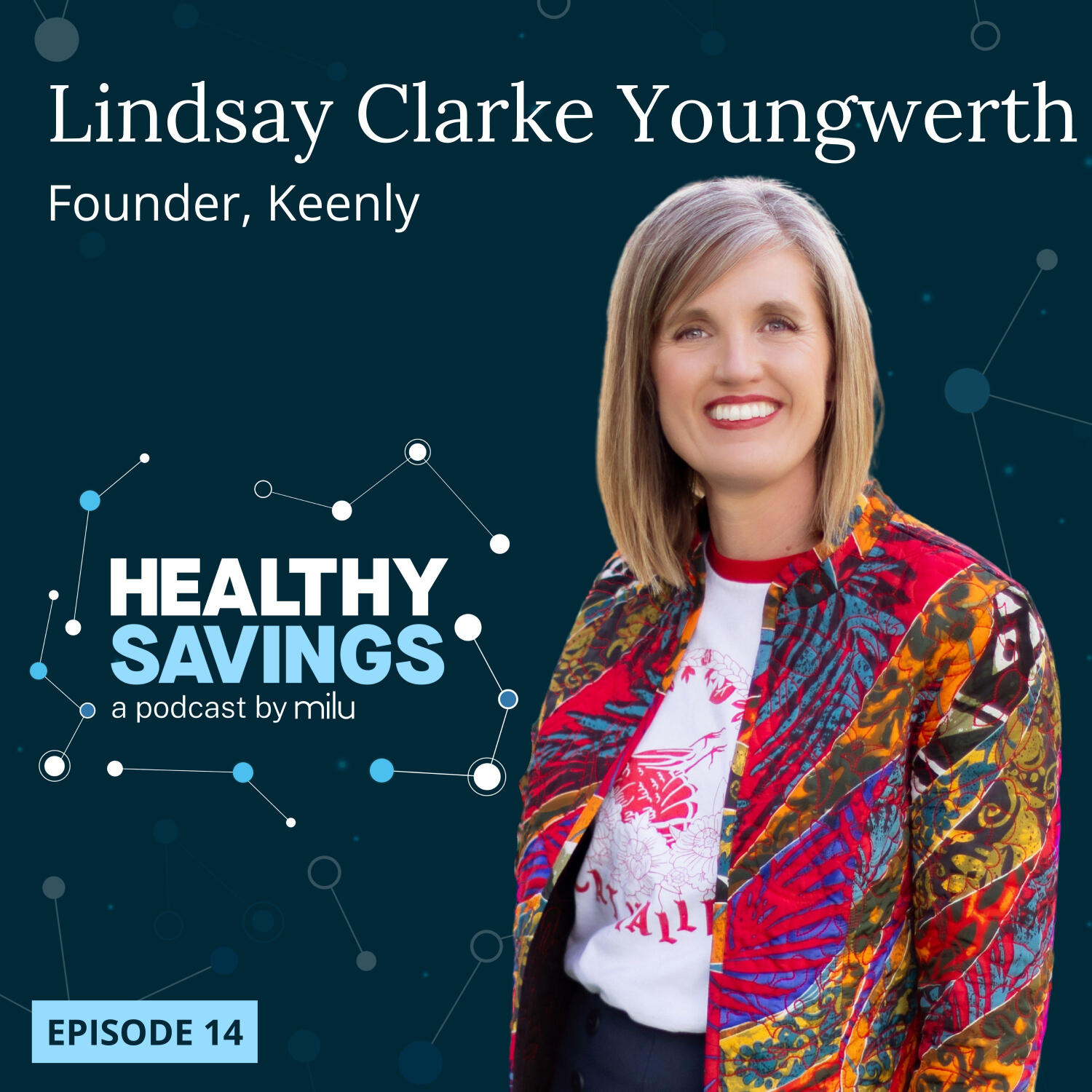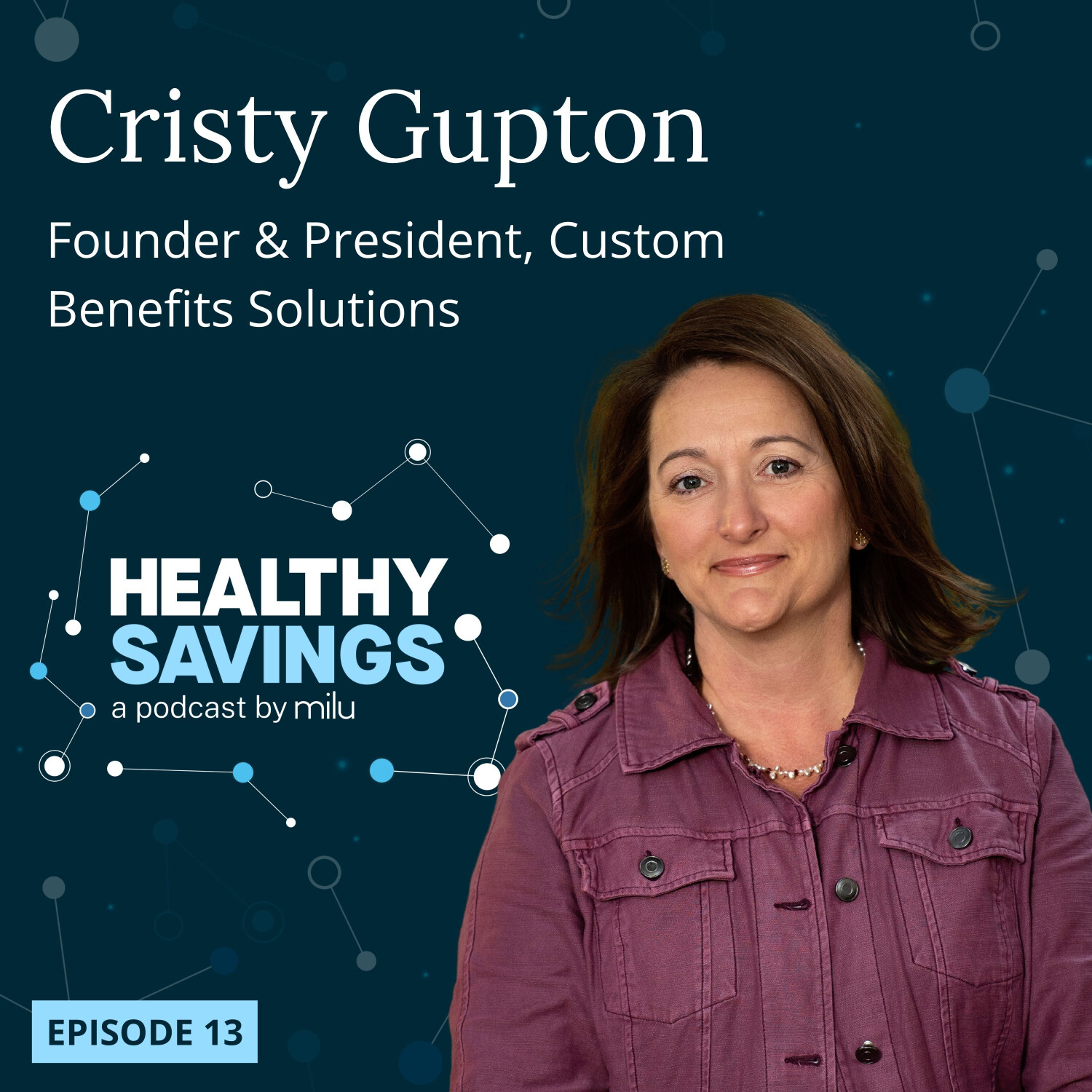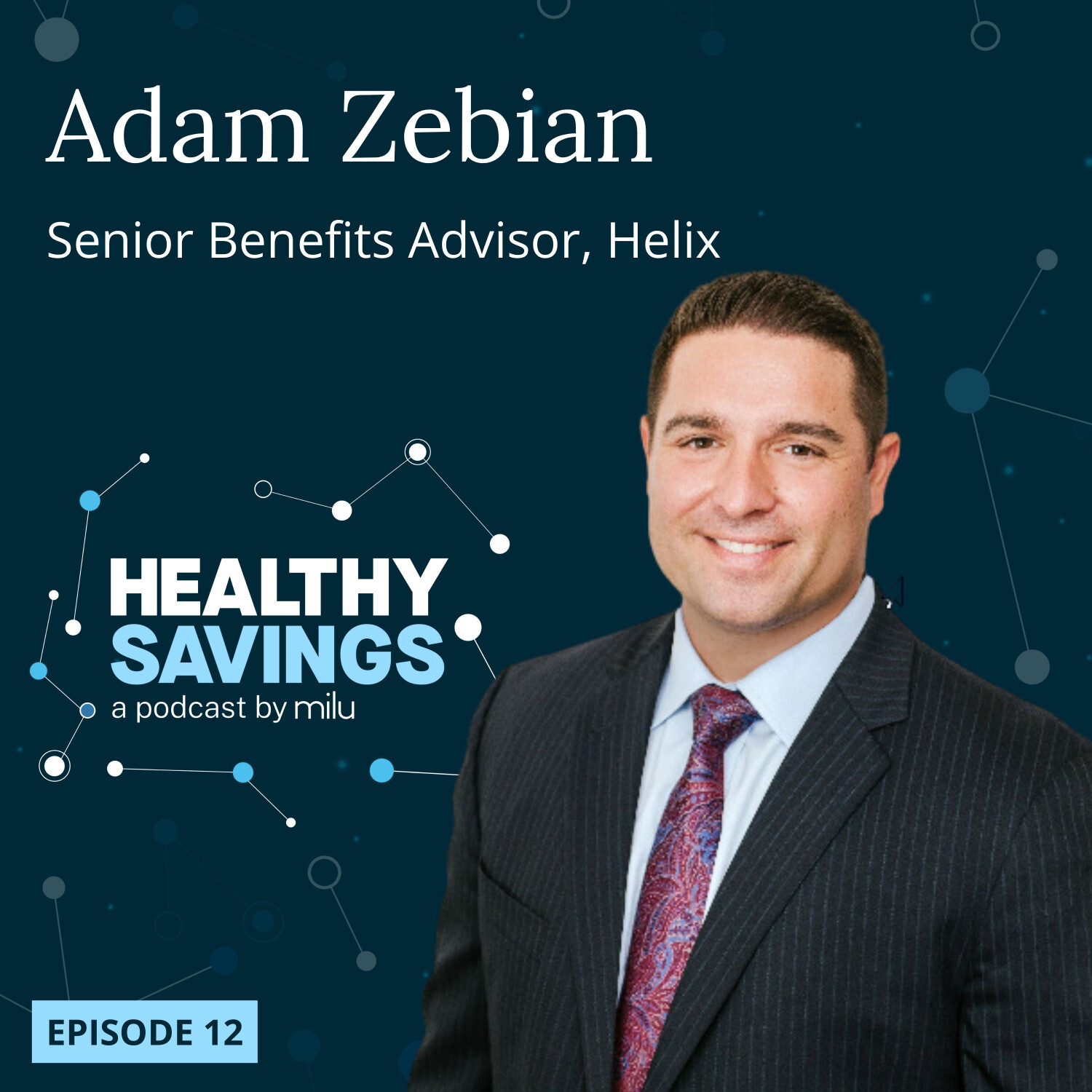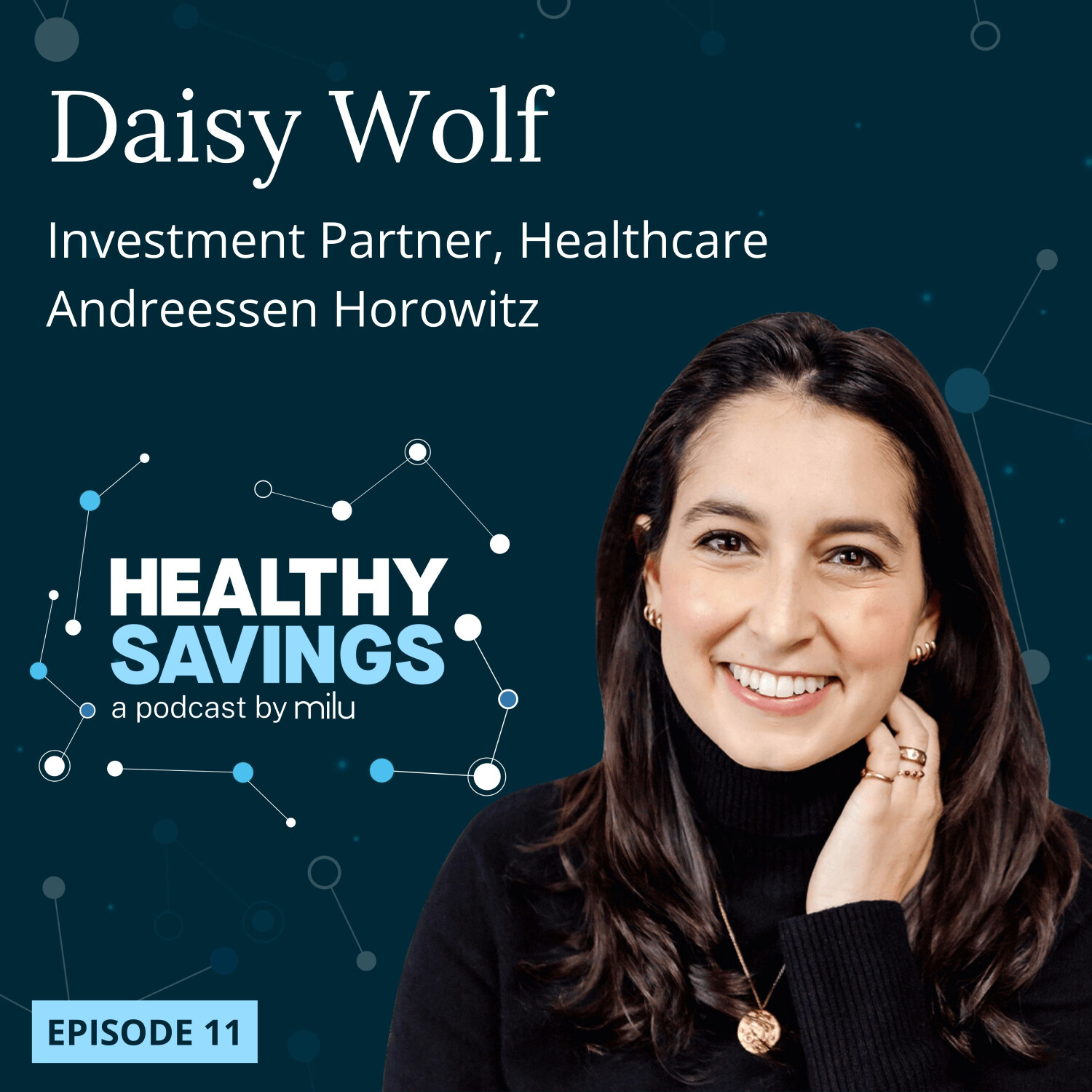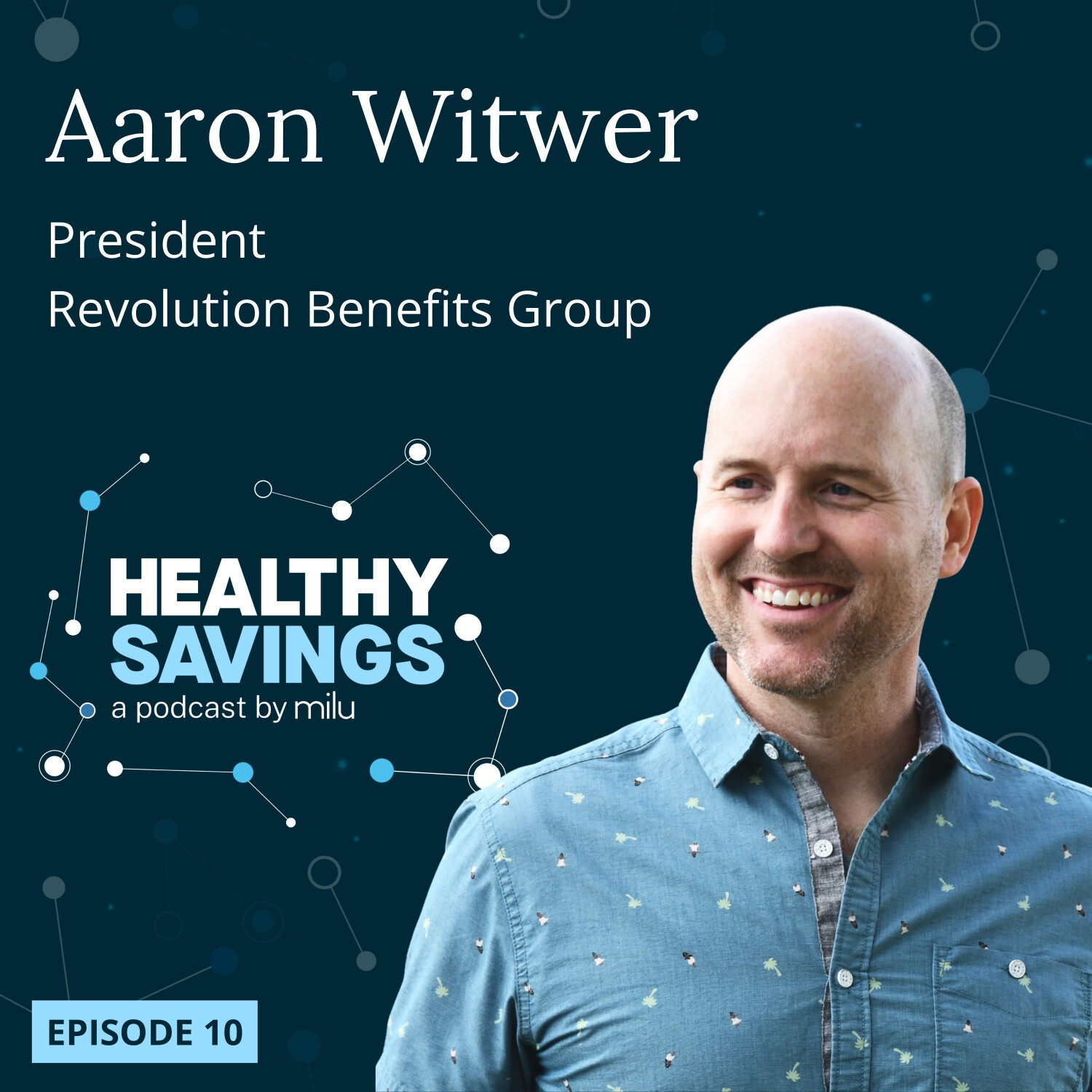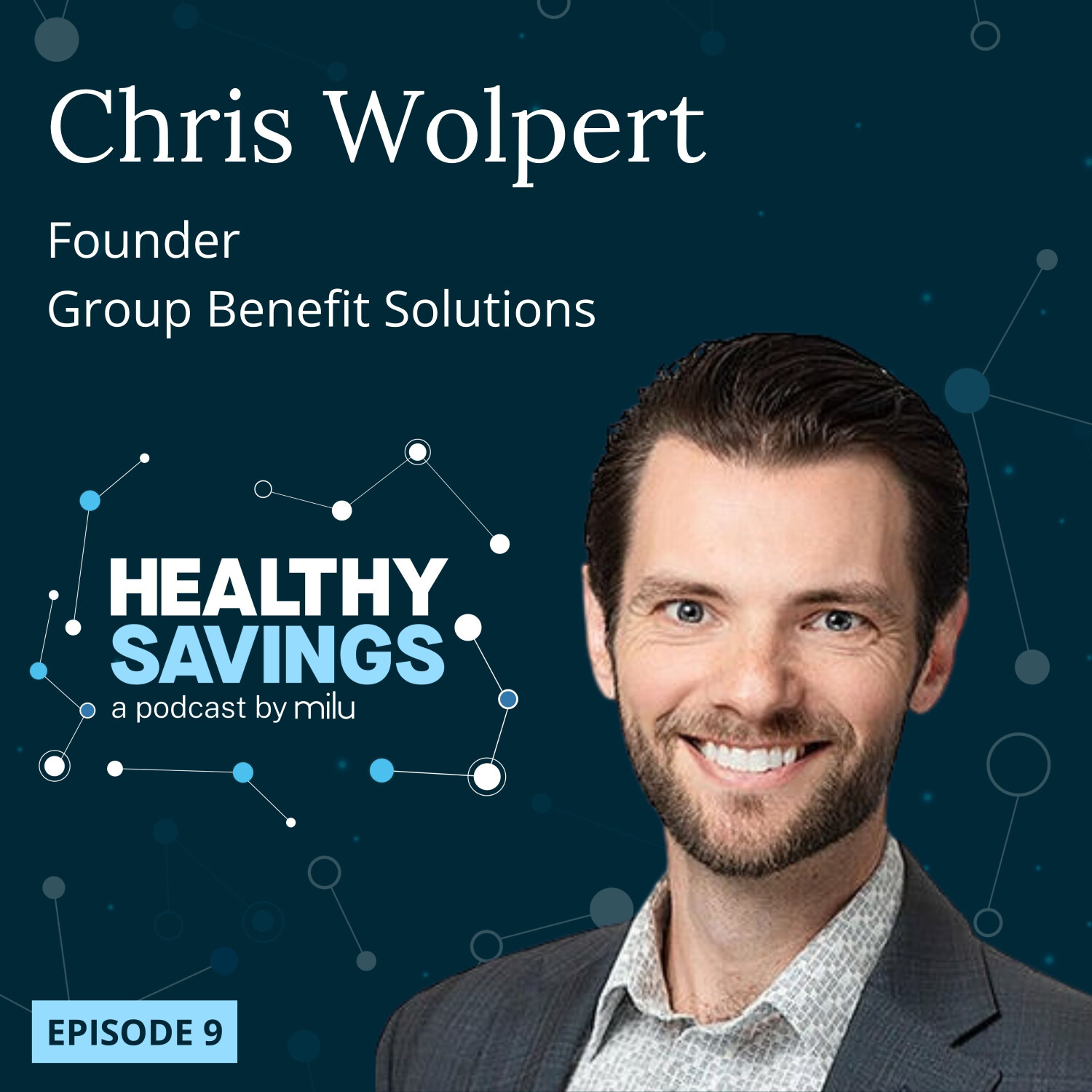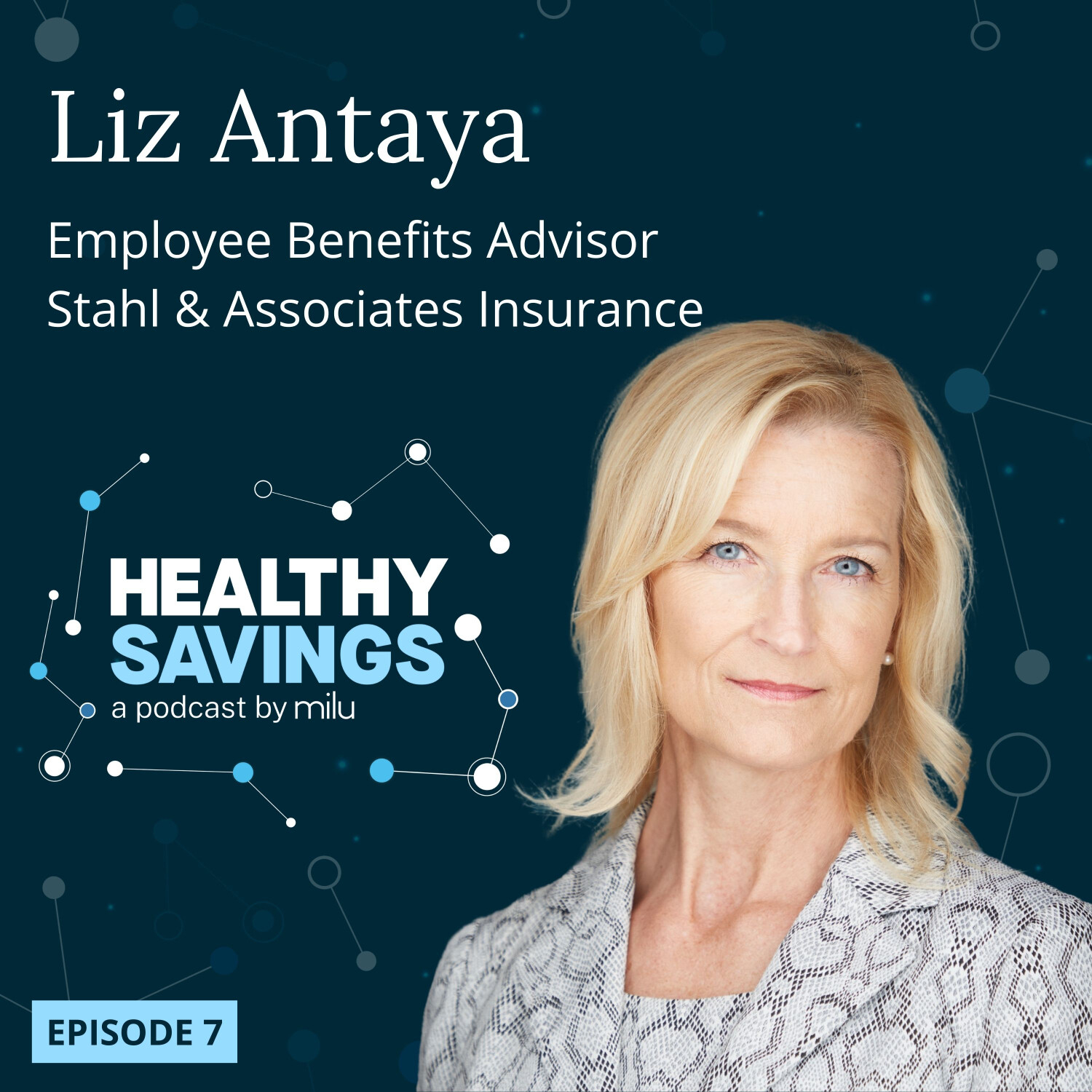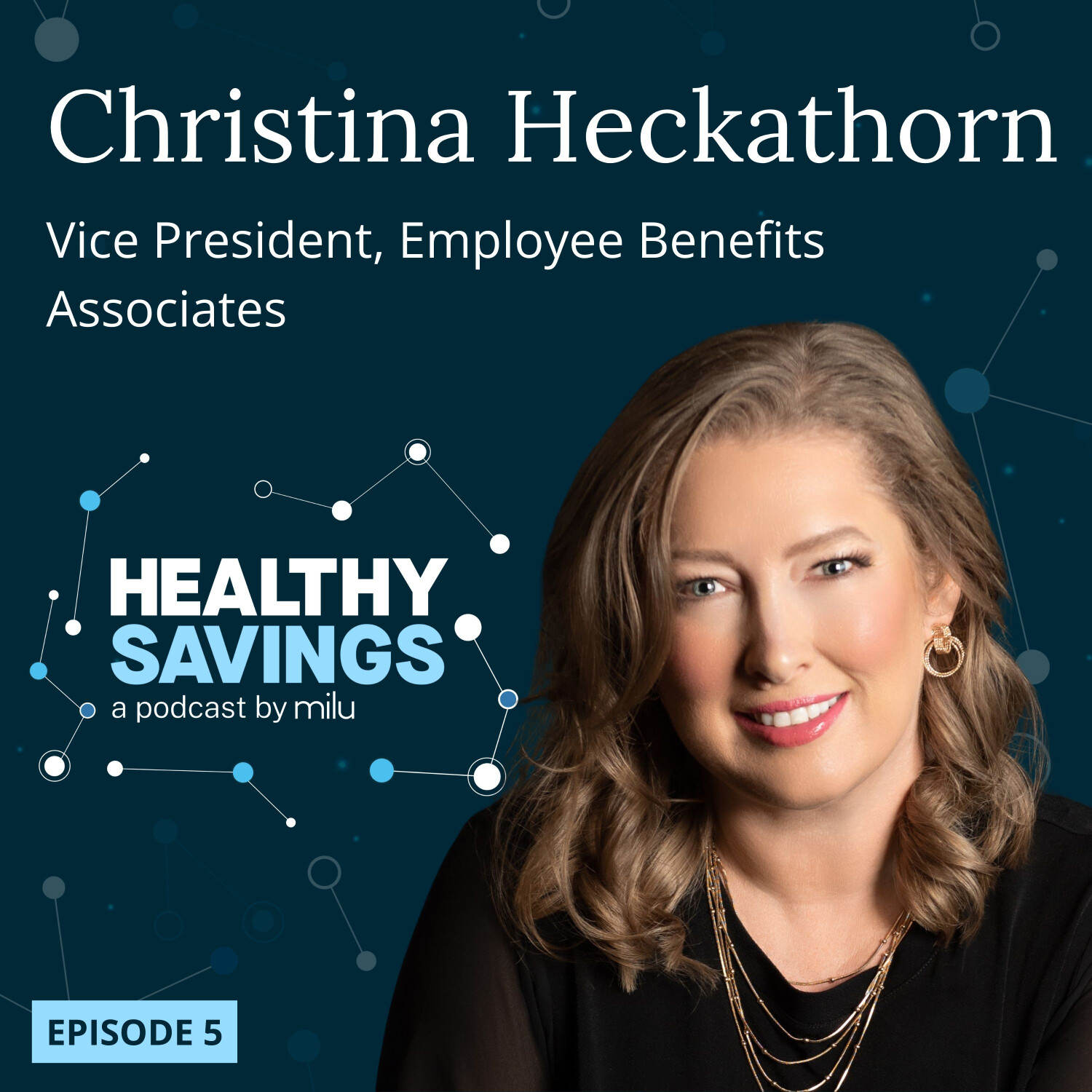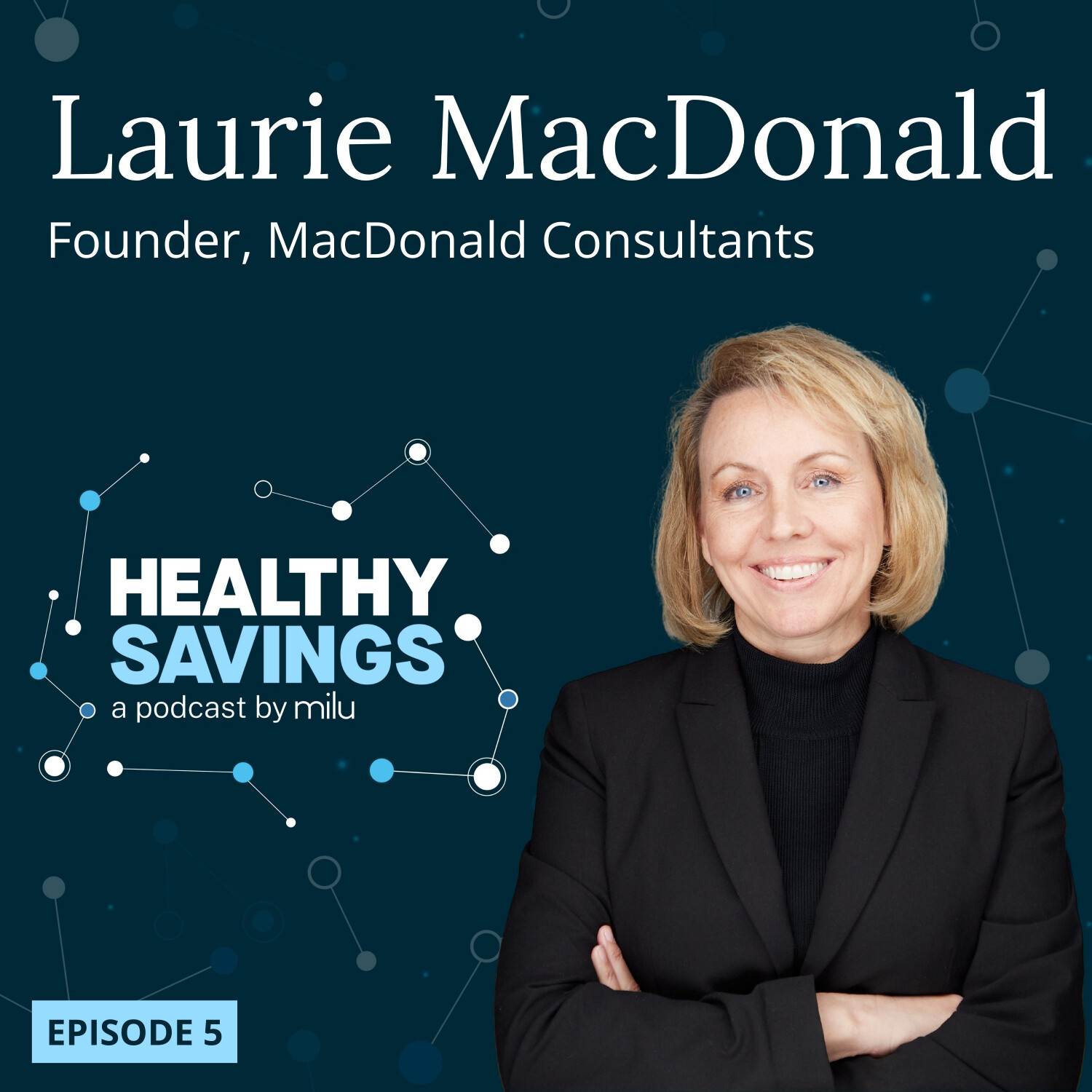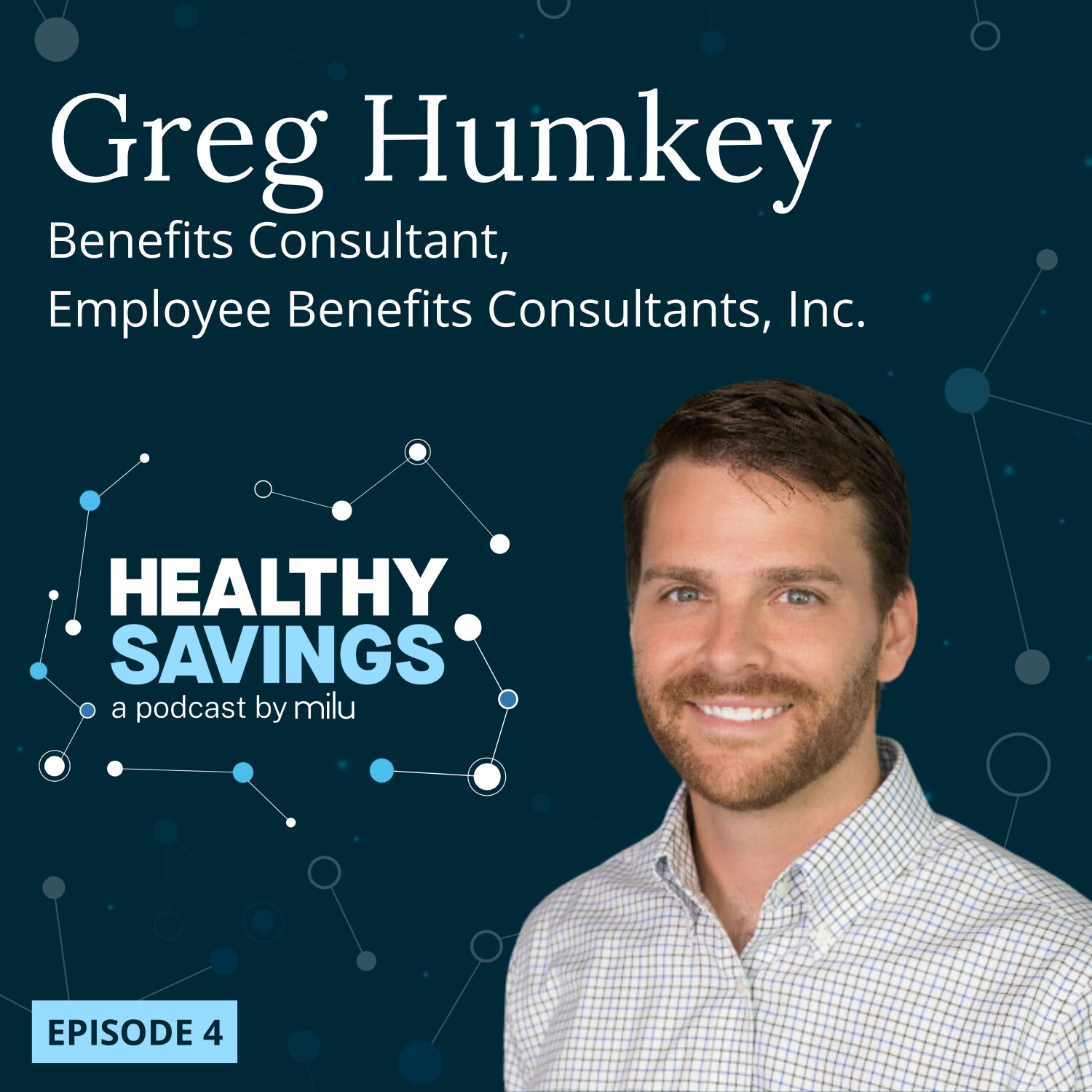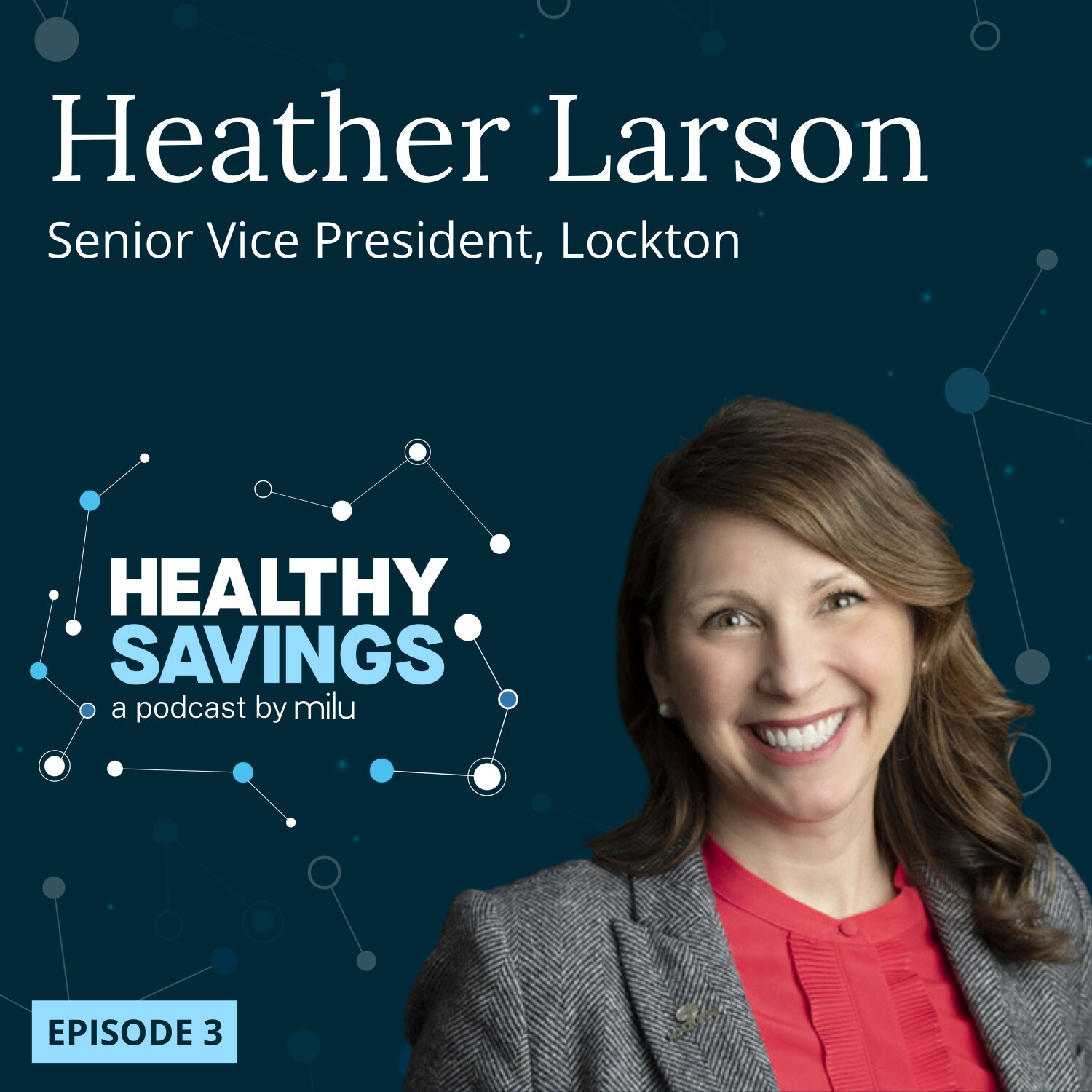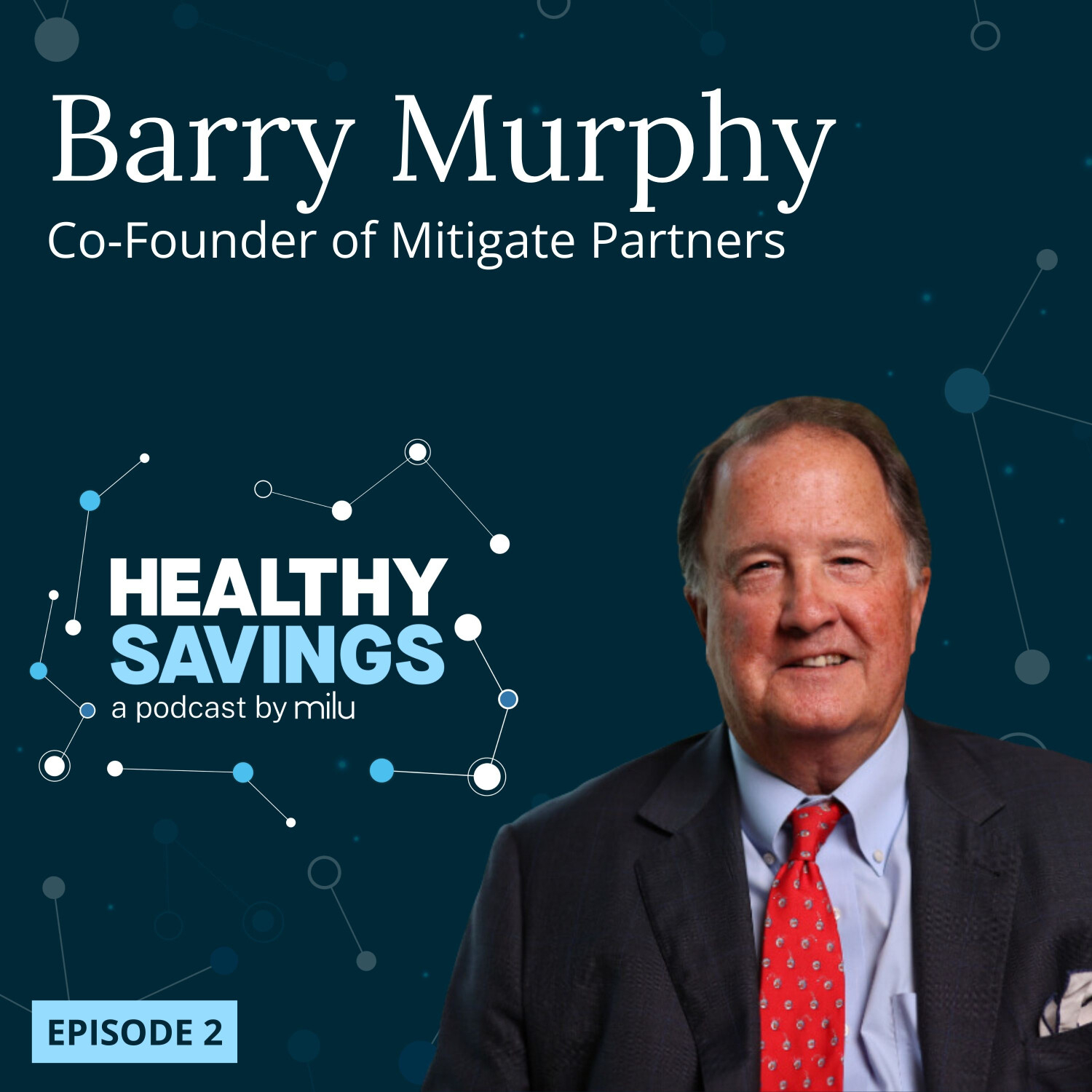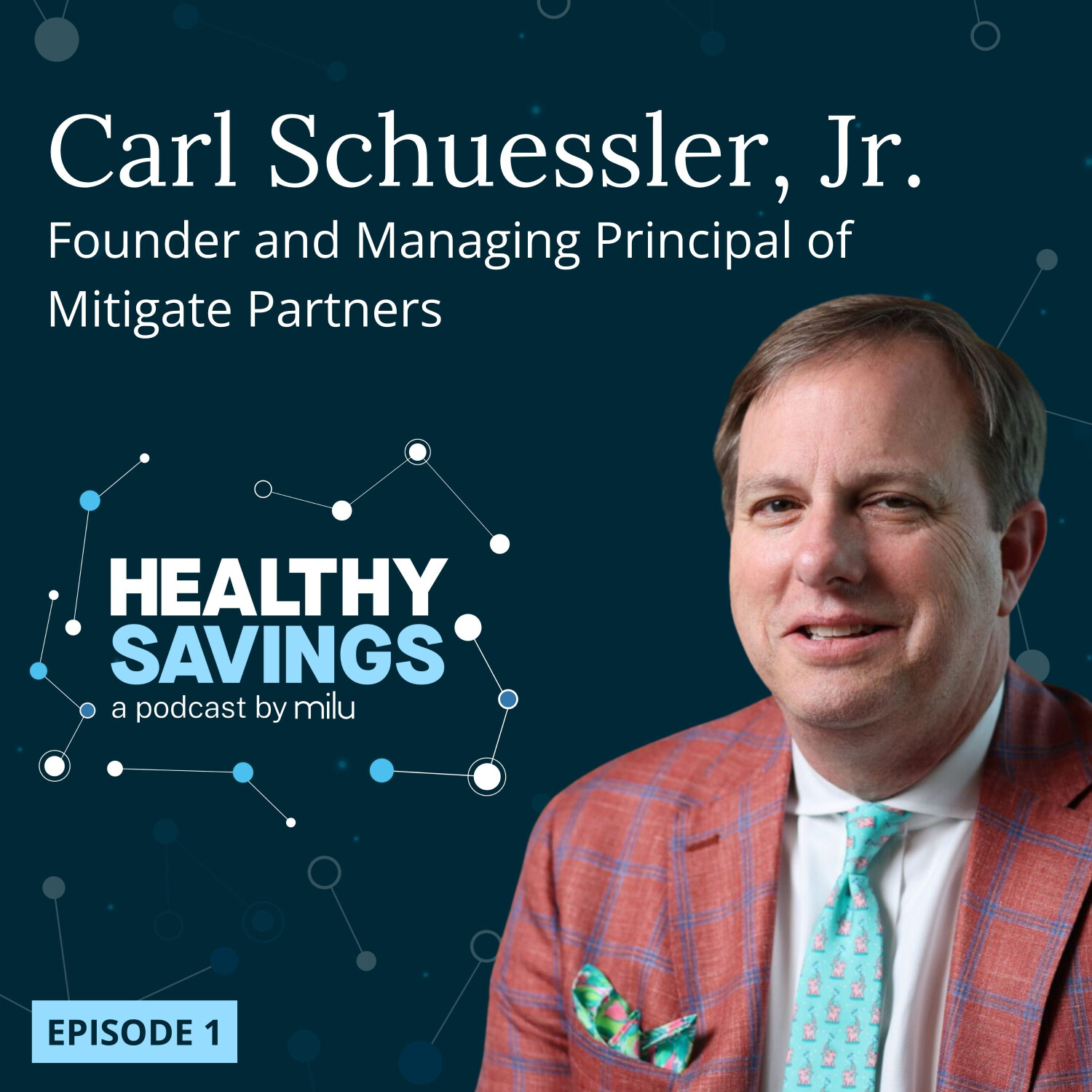Holistic Employee Benefits, with Celeste Parker
Celeste Parker, the Benefits and Relocation Director at Costco, shares insights from her 24-year journey with the company, highlighting the evolving landscape of employee benefits. Initially drawn to Costco for its commitment to staff welfare, Celeste transitioned from a temporary job during her studies in HR management to a dedicated position within the company’s HR department, ultimately developing a passion for employee benefits. Over the years, she’s witnessed significant shifts in what employee benefits entail, moving beyond traditional offerings like medical and dental coverage to include a more holistic approach encompassing mental, emotional, and social well-being.
Celeste discusses how the perception of employee benefits has transformed over the years. While Costco still prides itself on providing excellent medical and retirement plans, there’s now an essential focus on ensuring employees actively use these benefits. She emphasizes the need to not only provide comprehensive benefits but also effectively communicate their value to employees so they can fully utilize them. This involves understanding the unique needs and preferences of the workforce, where communication strategies are tailored to resonate with diverse employee demographics.
Communication is a significant part of Celeste’s role, with about 50% of her team's effort dedicated to this area. She emphasizes the need for constant adaptation in communication strategies to keep them relevant and appealing to employees. By gathering feedback directly from employees and employing team members who have frontline experience, Costco strives to understand the most effective ways to reach its diverse workforce. Celeste also highlights the importance of consistency in messaging and the effectiveness of managers acting as direct points of contact for benefits-related inquiries, contributing to a continued culture of trust and open communication.
As for the effectiveness of various communication channels, Celeste contends that engagement rates vary based on the employee demographic, and she advocates for using a multi-channel approach. The leadership team’s role in conveying information about benefits is crucial; direct supervisors can facilitate discussions about available resources, fostering a culture where employees feel comfortable seeking assistance for personal and health-related challenges. Costco’s philosophy promotes a comprehensive open-door policy, enabling employees to escalate issues through the hierarchy if needed.
Reflecting on the successful implementation of new programs, Celeste cites an unexpected rise in participation in a gastrointestinal issues program introduced recently, simply due to the critical nature and commonality of the issue. It illustrates the importance of making specific and targeted solutions available to employees. Additionally, she shares that a coaching partnership for chronic conditions, such as hypertension and diabetes, has shown high engagement over the years, validating Costco’s focus on addressing prevalent health concerns.
Looking at future trends, Celeste is interested in the potential role of artificial intelligence (AI) in transforming the healthcare landscape. While she acknowledges that some jobs may be replaced through automation, she anticipates that AI can enhance operational efficiencies, especially in areas like claims processing. However, she stresses the need for a human element in healthcare, advocating that the education and proactive engagement of employees concerning their health benefits remain an ongoing challenge, especially as generational workforce dynamics shift.
 Sign in
Sign in Sign in
Sign in Sign in
Sign in